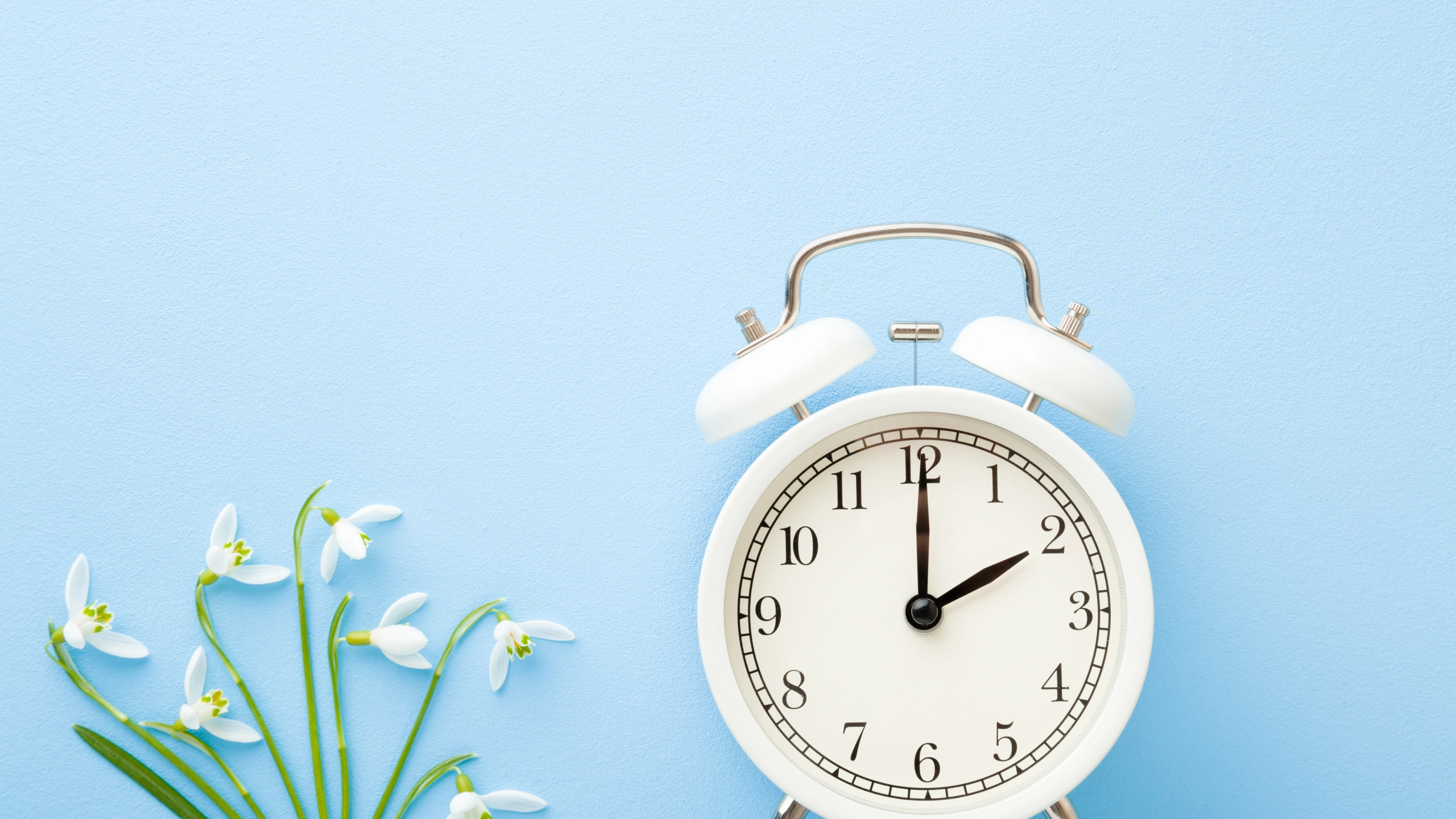Spring Ahead March 13th
We all get excited to “spring ahead” but the main effect this has physically is on our sleep schedule. Waking up Monday morning March 14th may not be so easy, having lost an hour of precious sleep. How time changes affect you depends on your health, sleep habits, and lifestyle.
Moving our clocks in either direction changes the principal time cue — light — for setting and resetting our circadian rhythm. In doing so, our internal clock becomes out of sync with our current day-night cycle. How well we adapt to this depends on several things.
Though a bit simplistic, a rule of thumb is that it takes about one day to adjust for each hour of time change. There is significant individual variation, however.
Some things you can do to ease the transition:
~Get daily sunshine and exercise
~Eat a balanced diet
~Avoid caffeine before bed, and alcohol
~Limit electronics
~Reduce stress
In general, “losing” an hour in the spring is more difficult to adjust to than “gaining” an hour in the fall, but the long spring and summer nights are worth a bit of sleep deprivation!
LeeAnn Rutkowski, Director of Wellness


